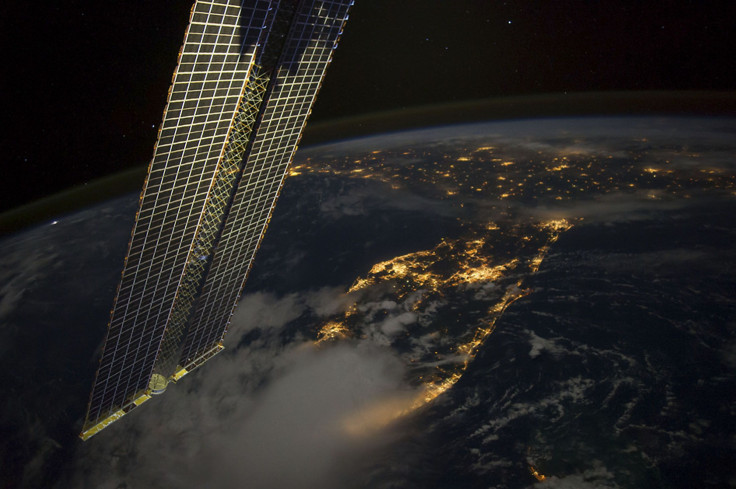Boeing 'Space Taxi' Will Have A Seat For Paying Tourists

Boeing's planned "space taxi," which will ferry U.S. astronauts to the International Space Station, or ISS, will include a seat for paying tourists to visit the facility, a first for the U.S. space program.
Boeing will be permitted to sell rides to tourists under its contract with NASA, Boeing Commercial Crew Program Manager John Mulholland told Reuters, adding that the price would be competitive with what the Russian space agency now charges tourists for future flights to the orbital outpost.
Tourists would be customers of Virginia-based Space Adventures, which has been brokering future trips to the space station aboard Russian Soyuz capsules, according to NBC News. The next space tourist, British singer Sarah Brightman, is due to travel to the space station for 10 days next year. Space Adventures' president Tom Shelley says the trip will cost $52 million.
On Tuesday, the agency named Boeing and SpaceX the winners of a competition to transport U.S. astronauts to the ISS. NASA will pay Boeing $4.2 billion and SpaceX $2.6 billion to certify, test and fly their crew capsules. The two contracts call for at least two, and as many as six, missions for a crew of four as well as supplies and scientific experiments, said NASA's Kathy Lueders, commercial crew program manager.
NASA has been reliant on Russian spacecraft to get its astronauts to and from the ISS since the cessation of its space shuttle program in 2011. However, since relations between Russia and the U.S. have soured over Russia's alleged intervention in Ukraine, and the shooting down of Flight MH17, the U.S. is keen not to be overly dependent on Russian rockets.
“It’s entirely possible that we wake up one day and the Russians say, ‘We’re not taking your astronauts up anymore,’” Marco Caceres, director of space studies at Fairfax, Virginia-based consultant Teal Group told Bloomberg. “NASA’s anticipating this possibility. That’s why they want to move as quickly as possible with this program.”
In May 2014, following conflict over Ukraine, Russia's Deputy Prime Minister Dmitry Rogozin said that Moscow was "very concerned about continuing to develop hi-tech projects with such an unreliable partner as the United States," and declared that the country would reject U.S. plans to use the ISS beyond the station's planned "retirement" in 2020, according to The Independent.
NASA has had to contend with a drastically reduced budget since the halcyon days of the Apollo program in the 1960s, when approximately 4 percent of the total federal budget was allocated to the agency, as it battled the Soviet Union for supremacy in space.
© Copyright IBTimes 2025. All rights reserved.






















